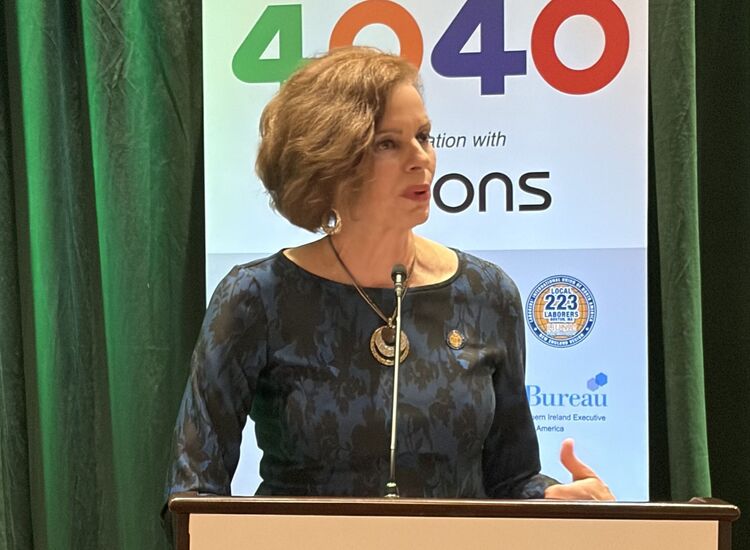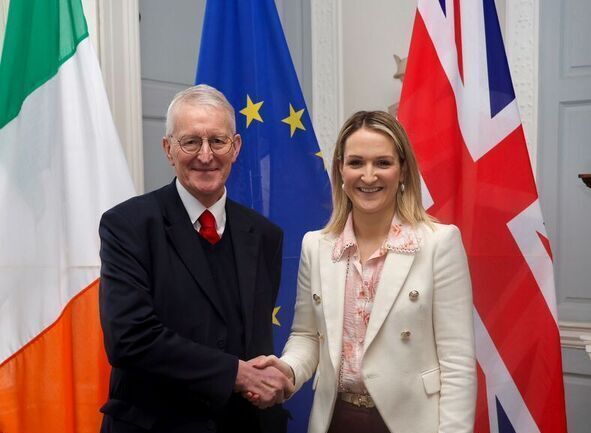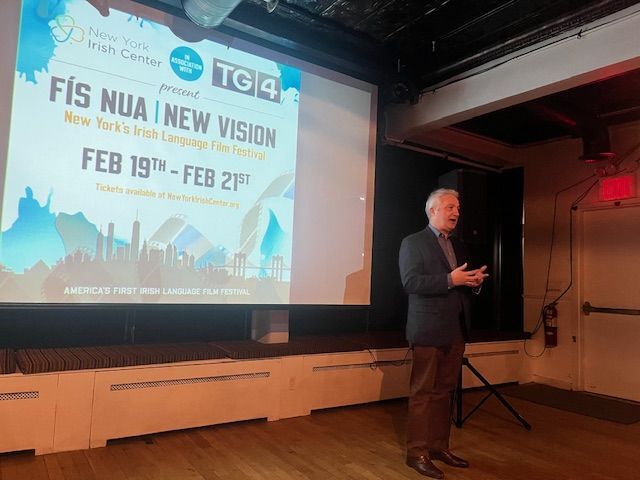BOOKS/By Peter McDermott
If an immigrant cleric said that his faith's adherents should aim to convert the "the Officers of the Navy and the Marines, commander of the Army, the legislatures, the Senate, the Cabinet, the President and all," you might take him seriously or you might just laugh.
The cleric's comments would ruffle feathers at the very least or, if he was important enough and the media decided to run with it, ignite a huge kerfuffle.
There would even be those who'd say that members of that faith we're trying to take over, almost like the "pod people" of science fiction. Their fears would call to mind Dr. Miles Bennell (played by Kevin McCarthy, who died last week at age 96) in "Invasion of the Body Snatchers." It's still not entirely clear whether that 1956 classic is a warning about the dangers of an outside threat or a satire on political paranoia (scholars tend towards the latter), but it struck a nerve. In what one best-selling movie guide describes as "quite possibly the most frightening film ever made," Dr. Bennell screamed: "They're coming. You're next! They're here already!"
The immigrant cleric quoted above is real but is not from Saudi Arabia, Iraq, or Iran or any part of the Middle East or from Afghanistan, Pakistan or any other part of Asia. He's not even alive. That he didn't mention the air force along with the other branches of the armed services might have been the giveaway. He was born in County Tyrone in 1797 and died before Orville and Wilbur Wright saw the light of day.
Kudos to historians of American Catholicism R. Scott Appleby and John T. McGreevy for putting the whole flap over the Islamic cultural center on Park Place in Lower Manhattan into some context with that sound bite from one of the most powerful religious figures in 19th century America, Archbishop John Hughes. The duo, who both work at the history department in Notre Dame, cite the comment from 1850 in the current New York Review of Books as an example of an immigrant religious leader making "belligerent or tone-deaf pronouncements on the modern world."
They write: "For much of the 19th century, Catholics in America were the unassimilated, sometimes violent 'religious other.' Often they did not speak English or attend public schools. Some of their religious women - nuns -- wore distinctive clothing. Their religious practices and beliefs -- from rosaries to transubstantiation -- seemed to many Americans superstitious nonsense. Most worrisome, Catholics seemed insufficiently grateful for their ability to build churches and worship in a democracy, rights sometimes denied to Protestants and Jews in Catholic countries, notably Italy."
And for those who think today there is some innate incompatibility between American values and Islam, regardless of which of its many strands one speaks, they add: "The Syllabus of Errors, promulgated by Pope Pius IX in 1864, denied that the Church had any duty to reconcile itself with 'progress, liberalism, and modern civilization.'"
The Notre Dame historians argue later in the piece that "if the Catholic experience in the United States holds any lesson it is that becoming American also means asserting one's constitutional rights, fully and forcefully, even if that assertion is occasionally taken to be insulting."
Appleby and McGreevy directly address the issue of whether Imam Feisal Abdul Rauf was imprudent in situating his center so close to the site of mass murder committed in his religion's name. They say: "In fact the fault lies less with Rauf than with a debased effort to whip up partisan fervor around the issue."
Many of the politicians, media commentators and activists involved in this shameful effort are themselves Catholic. It's obvious that many of them are ignorant of the history of their own faith in this country, or perhaps they simply find it inconvenient to dwell on it.
Part of the problem is the decline of the level of political discourse in recent decades. In his just-published "The Backlash," Philadelphia Daily News journalist Will Bunch argues that once upon a time "there were grown-ups involved in the conservative movement who tamped down the flames of extremism rather than fanning them." Not any more, it seems.










